Our planet’s biodiversity is a web of life, with each species playing a crucial role in maintaining the balance of ecosystems. From tiny microorganisms to majestic trees, these organisms are indispensable for our survival. Here are ten such and the reasons why we must protect them.
1. Bees: The Unsung Heroes Of Pollination
Bees are the backbone of agricultural success. As primary pollinators, they ensure the reproduction of many crops, including fruits, vegetables, and nuts, that are staples in our diets. Without bees, these crops would fail, leading to severe food shortages. Protecting bees means safeguarding our food supply, making them indispensable to human life and the global economy.
2. Coral Reefs: The Rainforests Of The Ocean
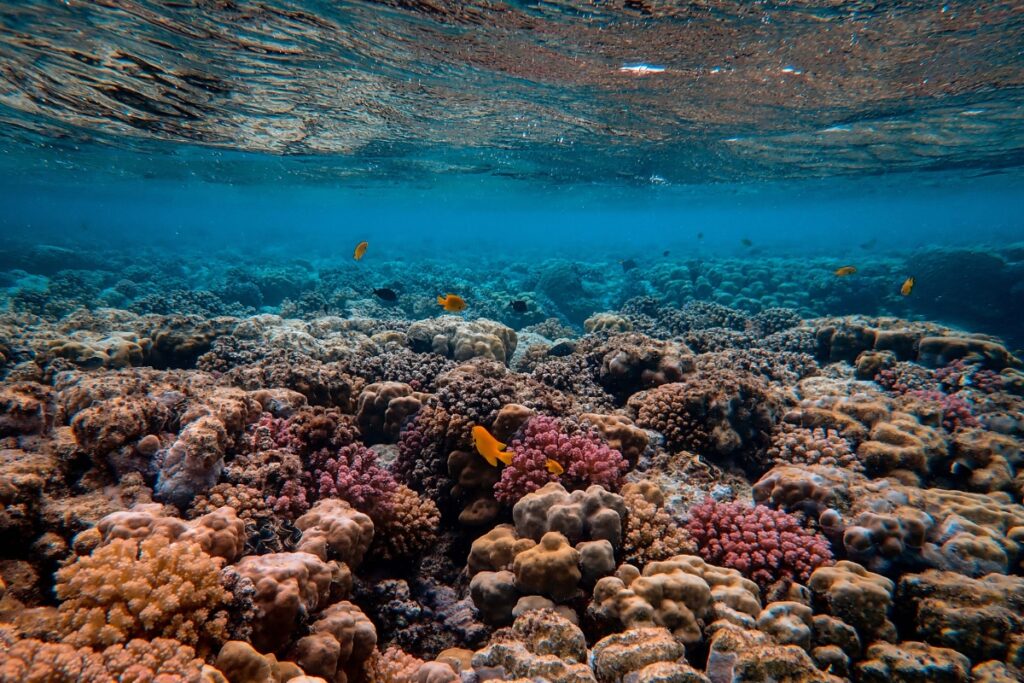
Coral reefs are biodiversity hotspots that support an incredible array of marine life. They provide food and livelihoods for millions of people and act as natural barriers against storm surges and coastal erosion. However, climate change, pollution, and overfishing are causing widespread coral bleaching and destruction, leading to significantly diminished marine biodiversity.
3. Bats: Nature’s Pest Controllers And Pollinators

Bats are invaluable for their roles in pest control and pollination. They consume vast quantities of insects, including agricultural pests, reducing the need for pesticides. Additionally, many plants rely on bats for pollination, including some of the fruits we consume. Bats face habitat destruction and persecution, which could lead to ecological imbalances.
4. Earthworms: The Soil’s Silent Gardeners
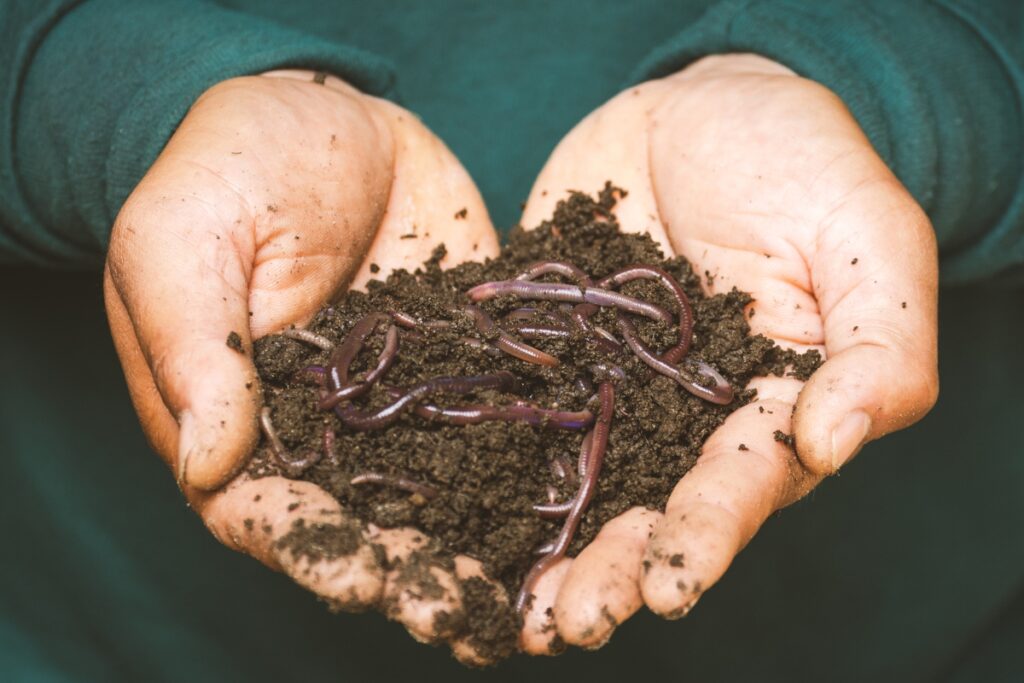
Earthworms maintain healthy soils by breaking down organic matter and enriching the soil with essential nutrients. Their burrowing activity improves soil structure, water infiltration, and aeration, all of which are vital for plant growth. Due to soils degraded by intensive farming and chemical use, earthworm populations are declining, threatening the sustainability of our ecosystems.
5. Trees: Nature’s Carbon Sink And Life Support
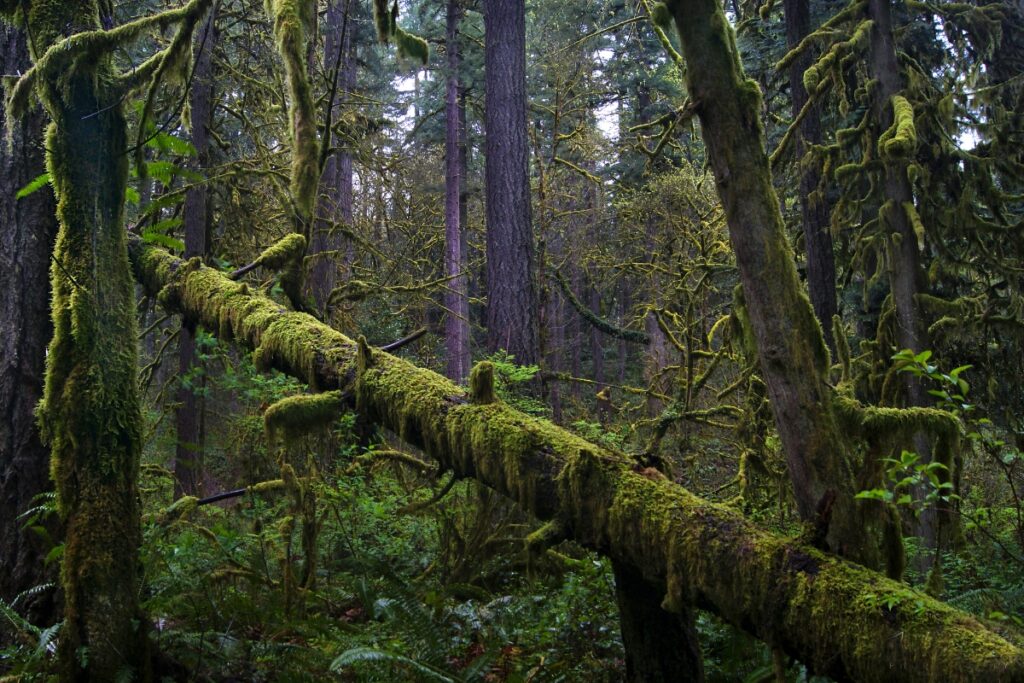
Trees absorb carbon dioxide, combating climate change by acting as significant carbon sinks. They also produce the oxygen we breathe, regulate water cycles, prevent soil erosion, and provide habitats for countless species. Deforestation, primarily driven by logging and agriculture, threatens these benefits. Protecting and restoring forests is crucial for sustaining biodiversity and mitigating the impact of climate change.
6. Mangroves: Coastal Protectors And Nursery Grounds
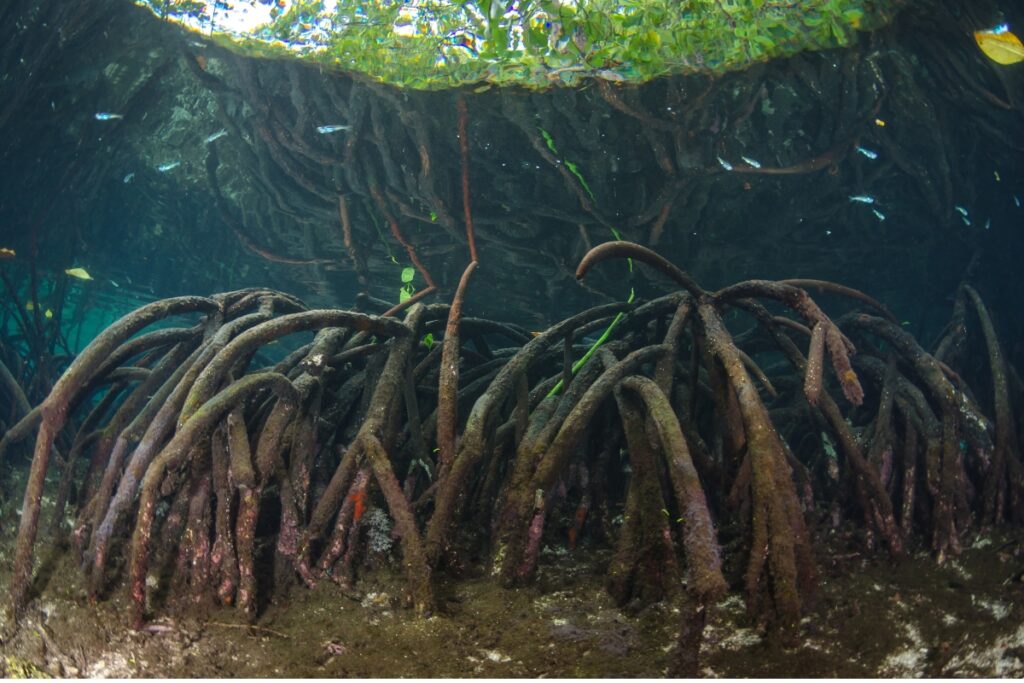
Mangrove forests are vital for coastal protection, acting as natural barriers against storms, erosion, and flooding. They also serve as nurseries for various marine species, supporting fisheries that millions of people depend on. However, mangroves are being destroyed at an alarming rate for coastal development, aquaculture, and logging, which has severe consequences for coastal communities.
7. Seagrass: The Ocean’s Climate Guardians
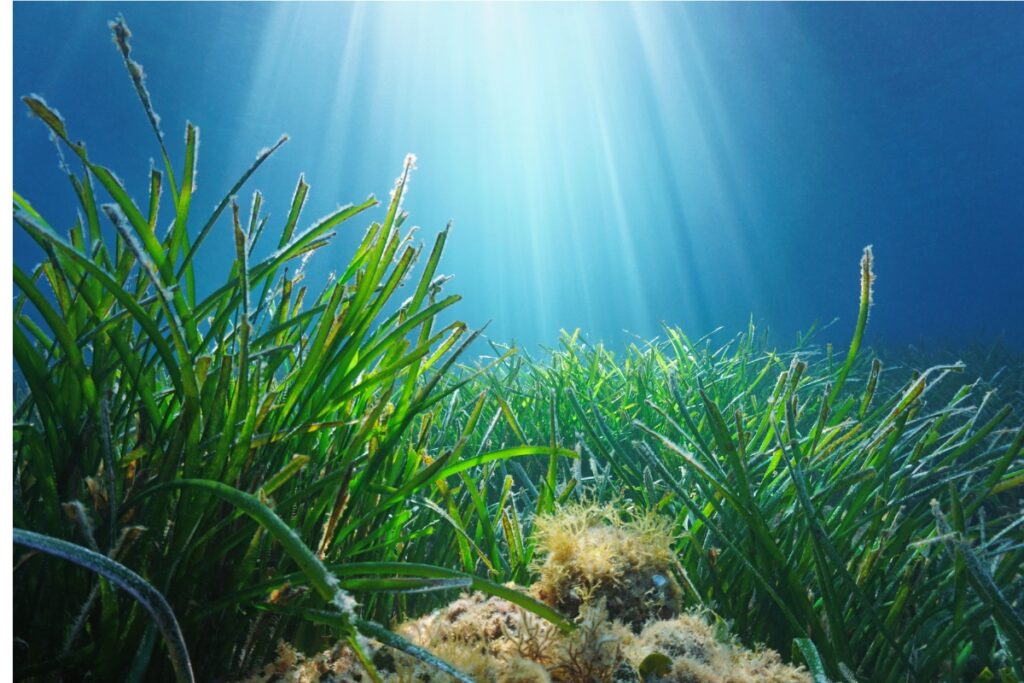
Seagrass beds are underwater flowering plants that play an important role in carbon sequestration, absorbing and storing large amounts of carbon dioxide. They, too, serve as underwater nurseries. Unfortunately, seagrass is threatened by pollution, coastal development, and climate change-induced disturbances. Its loss can lead to reduced fish populations, weakened coastal protection, and increased vulnerability to storm damage.
8. Soil Microorganisms: The Hidden Fertility Boosters
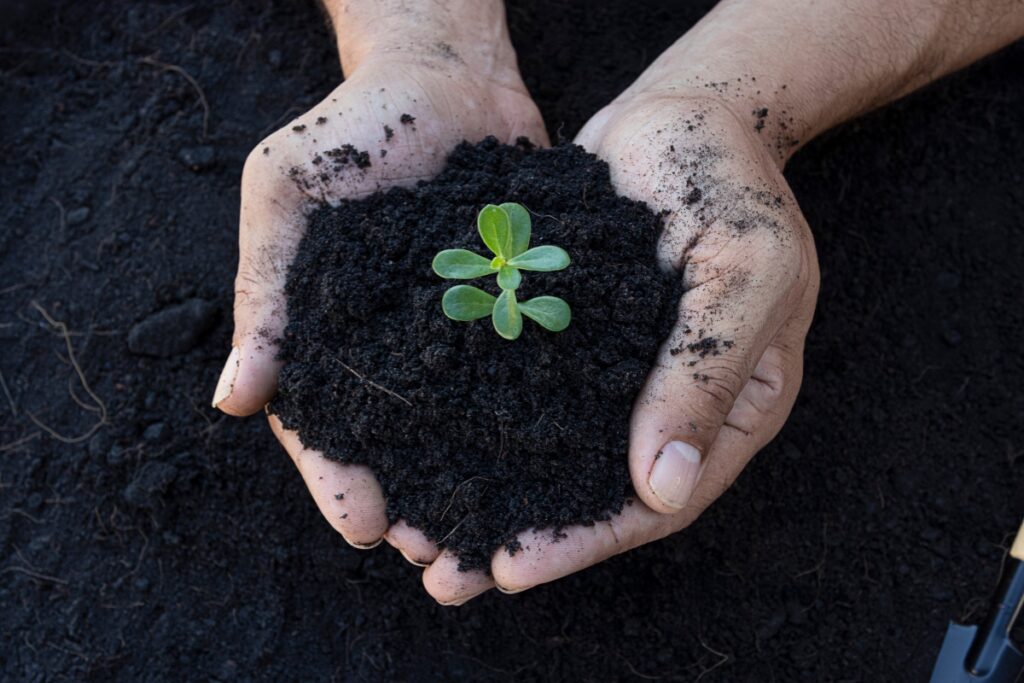
Soil microorganisms, including bacteria, fungi, and other microbes, are essential for soil fertility and health. They contribute to nutrient cycling, organic matter decomposition, and the availability of essential elements for plant growth. Unsustainable farming practices and chemical fertilizers and pesticides are destroying microorganism populations, leading to degraded soils with reduced nutrient availability, decreased water-holding capacity, and increased susceptibility to erosion.
9. Birds Of Prey: Guardians Of Crop Health
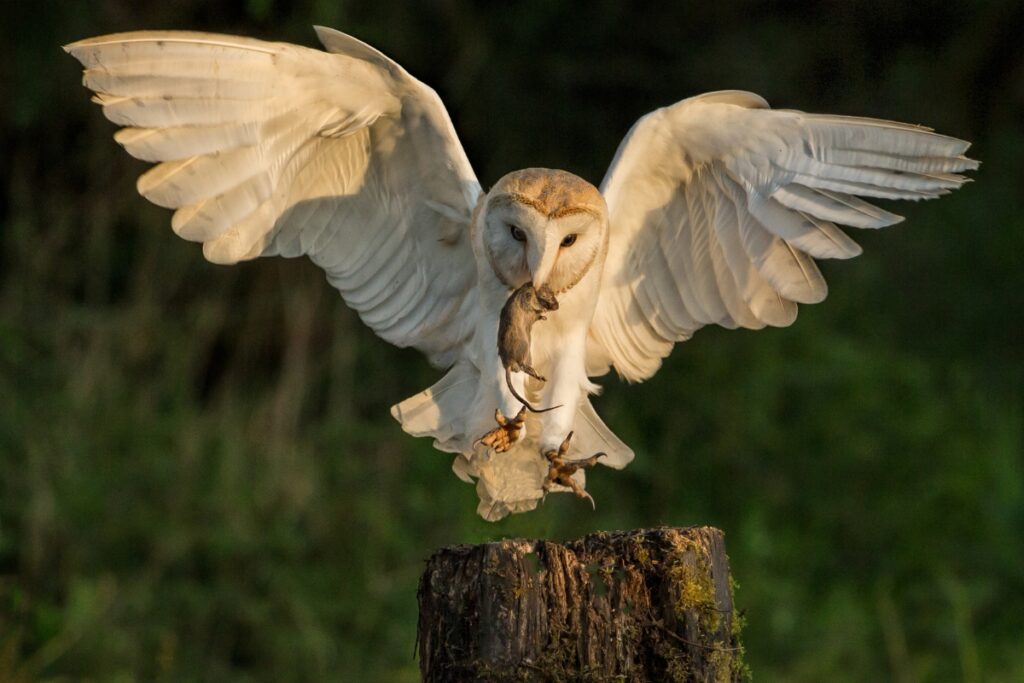
Birds of prey, such as owls, hawks, and eagles, play a vital role in controlling populations of rodents and other small mammals that can devastate crops and spread diseases that can harm humans. By preying on these species, birds of prey can help maintain ecological balance. Killing birds of prey disrupts this natural pest control, leading to increased crop losses, potential health risks, and an imbalance in local ecosystems.
10. Plankton: The Foundation Of Marine Life
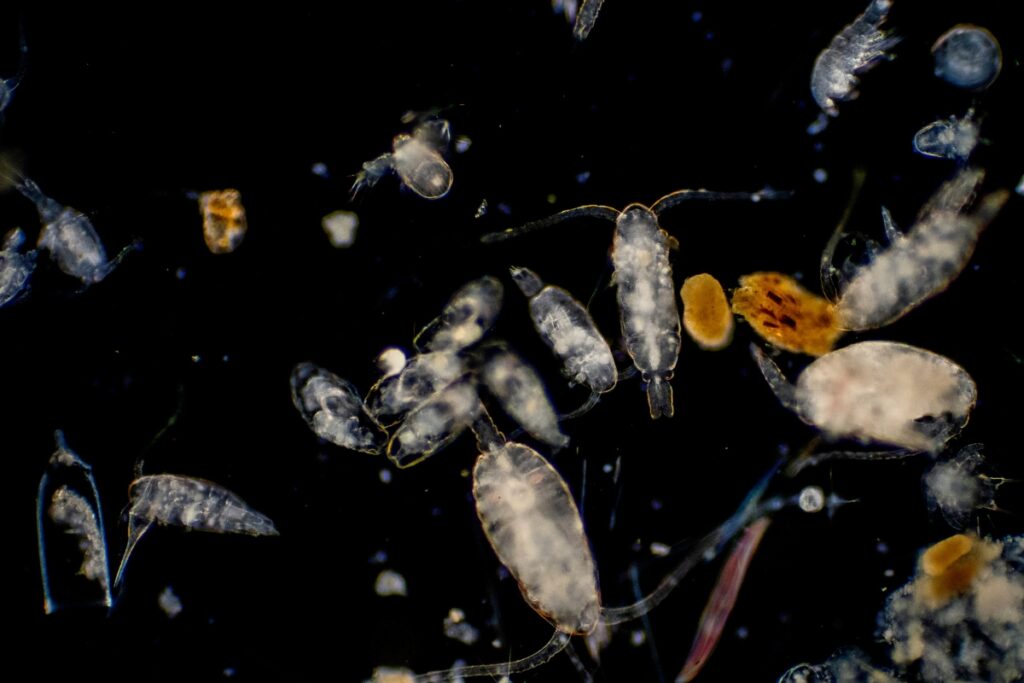
Plankton, including both phytoplankton and zooplankton, are the foundation of the marine food chain. These tiny organisms provide nourishment for fish and other marine animals, which are essential sources of protein for human populations worldwide. Pollution, overfishing, and ocean acidification threaten plankton populations, and protecting them is crucial for maintaining the health of our oceans and the survival of countless marine species.







